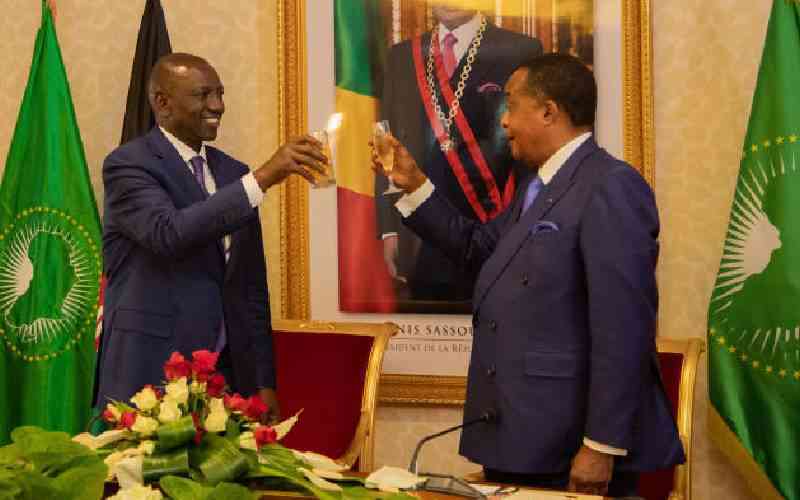
There currently exists stiff competition involving individuals who seek recognition as world leaders. They want to be independent in world affairs decision making, tend to be daringly forceful, take initiative, and project 'don't care' attitudes when asserting purported national and regional interests. In the Conceptual West, for instance, Emmanuel Macron of France wants that leadership and appears different from the rest of the West. Ukraine's Volodymyr Zelensky, in contrast, struggles to be 'the West'.
Zelensky, resilient and good at acting, claims he represents European civilisation. He receives much encouragement from the Conceptual West, has proven that Ukrainians can fight, and has embarrassed Russia's Vladimir Putin into using unreliable mercenaries. His problem in searching for recognition as a world leader in Western capitals, however, is that visible racist attitude and behaviour within Ukraine makes him unconvincing outside the West. As he receives praises and watches Ukraine turn into testing ground for new weapons, he acquires the image of a proxy.